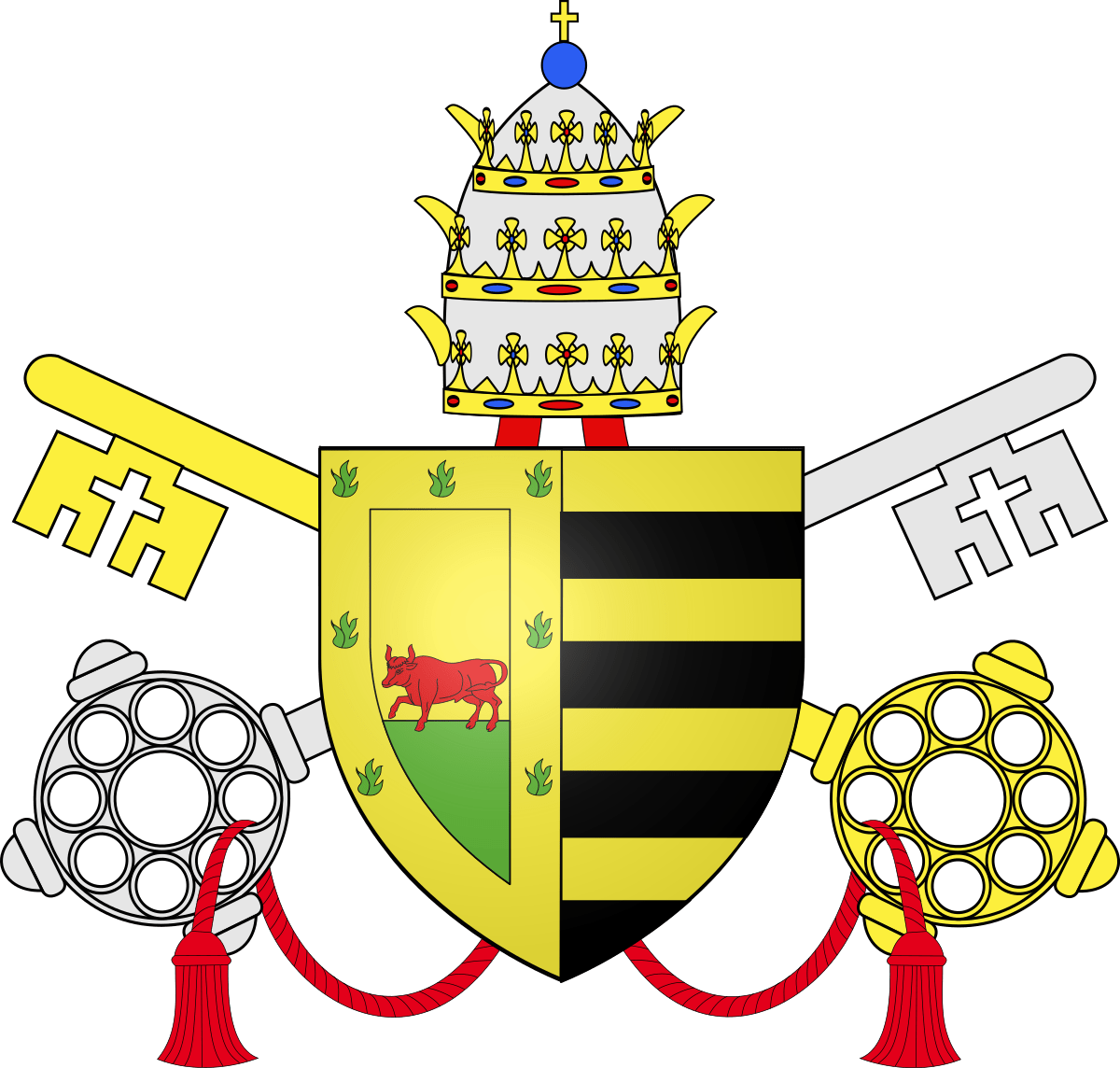The Doctrine of Discovery, or Inter Caetera, established a spiritual, political, and legal justification for colonization and seizure of land not inhabited by Christians. The doctrine has been invoked since Pope Alexander issued the Papal Bull Inter Caetera in 1493.
The degreed aimed to justify explorers’ claims on land and waterways they discovered, and promote Christian domination and superiority. The doctrine applies to Africa, Asia, Australia, New Zealand, North America, and South America. If an explorer proclaims to have discovered a land in the name of a Christian European monarch, and then plants a flag in its soil, the land is then theirs. European rulers returned to occupy the land. This is how Spain and Portugal became two of the most powerful armies in the 15th and 16th century, thanks to their discoveries. You can say there are benefits to the doctrine, because it started the Age of Discoveries, and we now have America and other countries thanks to it. But it was conquest and conquering, no matter how you put it.
Background of the Inter Caetera
Christopher Columbus is one of the main reasons why the doctrine was invoked. He asked help from Portugal first, but then got his support from Queen Isabella and King Ferdinand of Spain. When Columbus arrived in Asiatic lands in the western Atlantic Ocean in 1492, he threatened the unstable relations between Portugal and Spain. Spain and Portugal initiated diplomatic discussions over the rights to possess and govern newly found lands. The result was the Inter Caetera. There were 3 bulls. Here are they:
– The first bull, recognized Spain’s claim to any discovered lands not already held by a Christian prince, and protected Portugal’s previous rights
– The second bull, granted the kings of Castile and Leon and their successors the same privileges in the newly discovered land that had been granted to kings of Portugal in the regions of Africa and Guinea
– The third bull, the Inter Caetera, dated May 4, 1493, exhorts the Spanish monarchs to spread the faith west from a line drawn, one hundred leagues towards the west and south from any of the islands commonly known as the Azores and Cape Verde
The Doctrine of Discovery
During and after the Crusades, non-Christians were considered enemies of the Catholic faith, and as such, less than human. In the bull of 1452, Pope Nicholas directed King Alfonso “to capture, vanquish, and subdue the Saracens, pagans, and other enemies of Christ” and “to put them into perpetual slavery, and take all their possessions and property”. Acting on this Papal privilege, Portugal continued to traffic in African slaves, and expanded its royal dominions by making discoveries along the western coast of Africa.
![]()
In the Inter Caetera document, Pope Alexander stated his desire that the “discovered people” be “subjugated and brought to the faith itself”. By doing this, the Christian empire would be propagated. Portugal protested the concession to Spain, so the Pope issued another document, stating that Spain must not attempt to establish its dominion over lands which were already conquered and in possession of any Christian lord. Furthermore, the pope drew a line of demarcation between the two poles, giving Spain the rights over one side of the globe, and Portugal rights over the other.
Essentially, the papal bulls of 1452 and 1493 are two examples of how the Christian powers viewed indigenous peoples as “lawful spoil and prey of civilized conquerors”. According to the “Christian Law of Nations”, Christian nations had a divine right, based on the Bible, to claim absolute title and authority over any newly discovered non-Christian territory.
Doctrine of Discovery enters the US Law
In 1823, the Doctrine of Discovery was quietly adopted into the US law by the Supreme Court in the case Johnson v. McIntosh. Writing for an unanimous court, Chief Justice John Marshal observed that Christian European nations had assumed ultimate dominion over the lands of America during the Age of Discovery, and that upon discovery, the Indians had lost their rights to complete sovereignty, as independent nations. Furthermore, he says that Indians had only retained the right of occupancy in their lands.
![]()
According to Marshall, the United Nations, upon getting independence in 1776, basically became a successor nation to the right of discovery and acquired the power of dominion from Great Britain.
With the Johnson decision, the Christian Doctrine of Discovery became the cornerstone of US Indian policy over the next century.
Revoking possible?
In the 21st century, various groups representing indigenous peoples of the Americas have tried and organized protests seeking repeal of the papal bull. They even raised petitions. They tried to remind Catholic leaders of the record of conquest, disease, and slavery in the Americas. It was all justified in the name of Christianity.
But the Doctrine of Discovery is still active. Ironically, in a country set up to maintain a strict separation of church and state, the doctrine should have long ago been declared unconstitutional. Simply put, it is based on a prejudicial treatment of Native American people because they were not Christians at the time of European arrival.
The doctrine is still being used to deny the rights of indigenous people, and to perpetuate colonization throughout the Western Hemisphere.



